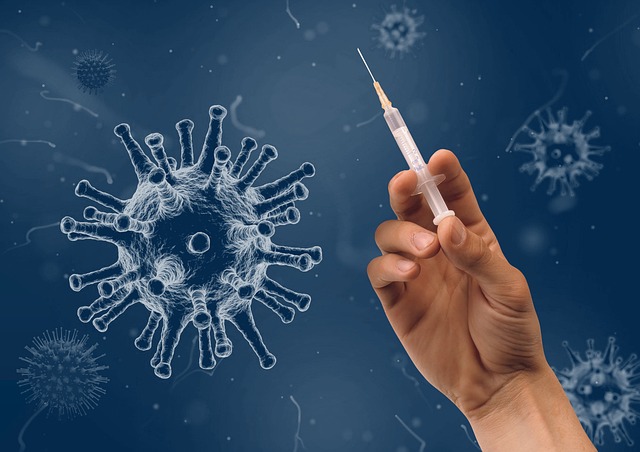The director of the World Health Organization (WHO), Tedros Adhanom Gebreyesus, reported that he will reconvene the Emergency Committee to evaluate whether monkeypox, present in 58 countries with more than 6,000 confirmed cases, represents an international emergency.
"Testing remains a challenge and it is very likely that there are a significant number of cases that go undetected. Europe is the current epicenter of the outbreak, recording more than 80% of cases globally," said the head of the WHO. and anticipated that the meeting will be in the week of July 18 or earlier if necessary.
The WHO is working with countries and laboratories to coordinate the distribution of vaccines, which are currently in short supply, even though this UN agency does not recommend mass vaccination against monkeypox. In the few places where vaccines are available, they are being used to protect those who may be exposed, such as health care workers and laboratory personnel.
He also reported that they are working with civil society and the LGBTIQ+ community to break the stigma surrounding the virus and disseminate information.
"I especially want to commend those who are sharing videos online through social media channels talking about their symptoms and experiences with monkeypox. It is a positive way to end the stigma of a virus that can affect anyone." "Tedros said, according to a WHO statement.
Smallpox specialist Rosamund Lewis explained that of the infected children, a third are under 10 years old and half are under five. "The mode of transmission is believed to have been through exposure in her home," she said.
Finally, they highlighted that only in some cases, monkeypox can cause serious illness.
















